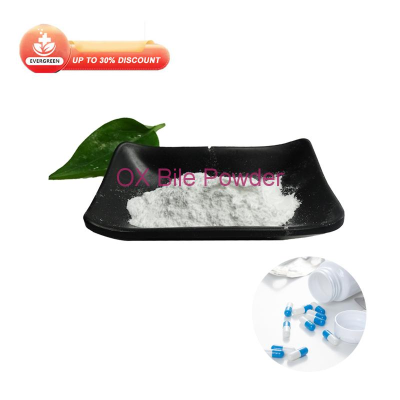-
Categories
-
Pharmaceutical Intermediates
-
Active Pharmaceutical Ingredients
-
Food Additives
- Industrial Coatings
- Agrochemicals
- Dyes and Pigments
- Surfactant
- Flavors and Fragrances
- Chemical Reagents
- Catalyst and Auxiliary
- Natural Products
- Inorganic Chemistry
-
Organic Chemistry
-
Biochemical Engineering
- Analytical Chemistry
- Cosmetic Ingredient
-
Pharmaceutical Intermediates
Promotion
ECHEMI Mall
Wholesale
Weekly Price
Exhibition
News
-
Trade Service
teenagers drink energy drinks so they feel focused and energetic (aggressive). But a new study shows that these drinks can actually make teenagers lazy, tired and unhealthy.energy drinks and sports drinks are touted as secrets to brain and physical activity, new research suggests that they can actually lead to the opposite, especially for teenagers. The intake of these high-sugar, high-caffeinated beverages is marked by a range of bad behaviors, such as more time watching TV, spending more time playing video games, poor sleep quality, eating more sugar, fluctuating physical activity, and a greater risk of smoking.the study, published Monday by researchers at
the University of Minnesota
and
Duke University
, showed that young people in grades
6
to
12
were at greater risk of negative behavior if they consumed one or more exercise or energy drinks a week. The study did not take physical activity into account when considering energy drink intake, but did suggest that people who drank sports drinks were more likely to participate in some form of physical activity throughout the week.particular note, the researchers wrote,
is
increase in
use
"screen media." The study's lead author,
Nicole Larson
, said: 'The weekly intake of sports drinks was significantly associated with higher TV viewing rates in
boys; boys who regularly drank sports drinks during the week watched about an hour more television per week than boys who drank them less than once. Boys who drank energy drinks at least once a week spent about four hours more playing video games per week than boys who drank less than once a week.
” The researchers collected a wide range of socioeconomic
ethnic
from 20 junior high schools in Minneapolis. The results of the article's media research show that the advertisement for energy drinks is mainly aimed at black and multiracial youth.Gary D. Miller
, an associate professor of sports science at
Kent State University
, told
The Daily BeastI think this is just a pattern that exacerbates the behavior of the other person. It's like sometimes they develop these dangerous behaviors. Once it happens, it's easy to fall into a pattern of lack of judgment.
,"
Miller said, to some extent, it's related to a lack of nutrition education. "It'
",
can't just be a simple education where parents tell their children it's bad, " he said. Only long-term education can make the concept deeply rooted.
”This is far from the first study to study the relationship between sugary drink intake and poor dietary health, but it is the first to focus on young people's behavior in addition to beverage intake.
February
,
, 2011,
Alcoholism
published a study of clinical trials in which energy drink intake was associated with an increased risk of alcohol dependence. Over the past few years, numerous studies have also shown that energy drinks mixed with alcohol are at higher risk of promiscuity and other risky behaviors.
Wayne State Universityanother study in 2007 and
showed that drinking drinks high in taurine and caffeine increases the risk of heart disease and high blood pressure. Researchers at
Johns Hopkins
have been advocating for warning labels for energy drinks for years.representative of the
American Beverage Association
ABA
said the data set was incomplete.
ABA
Senior Director of Public Affairs
Christopher Gindlesperger
told
Daily Beast
:
"It's important to note that this association-
only study doesn't show that intake of energy or sports drinks causes
'
negative
'
behaviors in any
. In addition, he referred to another study.A recent study by the U.S. Centers for Disease Control and Prevention (
CDC
) published by the
American Academy of Pediatrics
found that children under the age of
12,
had little caffeine intake from energy drinks, and that
12,
to
18-
year-olds also had very low intakes.
"
the American Academy of Pediatrics recommends that adolescents consume exercise drinks only after extreme physical activity, and that energy drinks are not recommended in any case."Even
is that
'
't know the long-term effects of these drinks," Miller said. We're not sure, because teenagers take much longer to develop than these drinks, which have become fashionable. At this age, high concentrations of ingredients such as caffeine and sugar may affect the cardiovascular system, blood pressure may rise, (and it can affect) the nervous system, and even (cause) arrhythmic disorders. On the other hand, they can also be harmless for a long time. It's just that we don't know.
”







